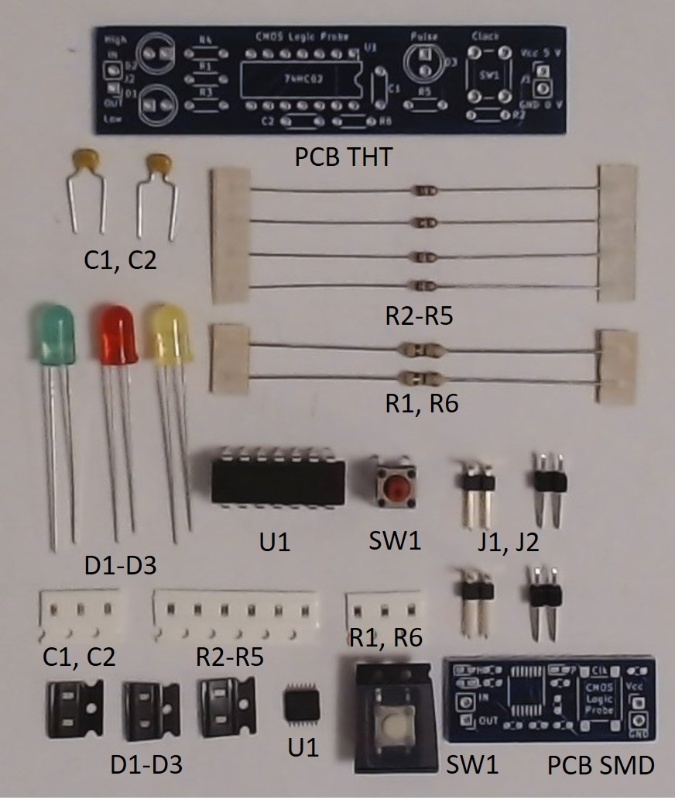Electromagnetic compatibility - emission and immunity
Measurements of emission and immunity
Coupling mechanisms
Layout and grounding in electronic systems
Interface, filtering and shielding
Desing of printed circuit boards
Electronic design in a sustainable society
Power supply
After the course the student shall be able to:
- describe how emitted noise from electronic equipment can couple to other devices and how it can be measured
- describe the kind of noise electronic equipment can be exposed to and how immunity can be measured
- explain the ways of interference coupling mechanisms for conducted and radiated disturbances
- calculate the order of magnitude for interference noise in an electronic system
- measure interference noise using oscilloscope and spectral analyzer
- plan the design of printed circuit board layout and grounding in an electronic system
- judge if there is potential problems in the interface of signals and to consider filtering and ground in electronic systems
- use programs to design printed circuit boards
- be able to design printed circuit boards to fulfill the demands for emission and immunity
- to search and collect information of a technical area emphasizing the use of electronic systems in a sustainable society. Examples of areas to evaluate is choice of material, building techniques, reuse, supply of electricity, batteries, energy saving and energy harvesting. The gathered information is to be presented orally and in a written report.
- reflect onthe use ofan electronic system with respect tohuman conditions and needsandsociety's objectivesforeconomically, sociallyand ecologically sustainable development.
